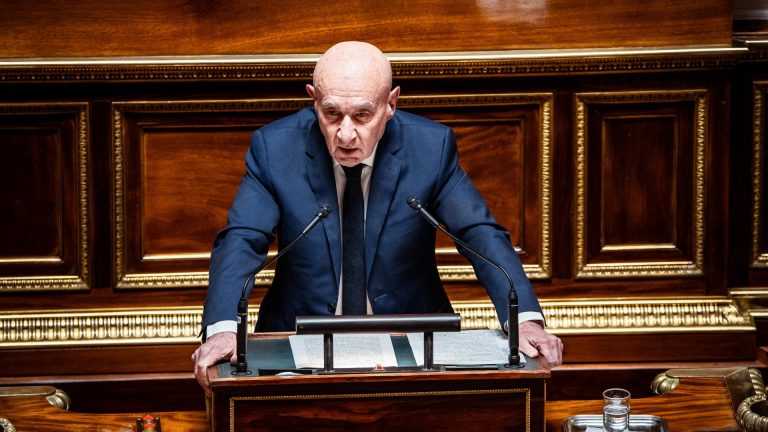Today is Europe Day. Held on May 9 every year, Europe Day celebrates peace and unity in Europe. Sadly this year’s commemoration, like last year’s, will take place against the backdrop of ongoing bloody hostilities between Ukraine and the nation committed to its total elimination, Russia.
And roughly 12 months from now the 2024 European elections will be held; the first since the 1979 elections in which the UK will not take part.
Europe Day is a day for the EU to reflect on its future in an increasingly polarised world: in the words of journalist Martin Wolf, as an “ally [of the USA], a bridge or power”. But also a moment, ahead of the 2024 poll, to reflect on how to boost the engagement and interest of its citizens in EU affairs, and how to maintain rising turnout in European parliament elections.
The EU’s conference on the future of Europe and subsequent citizens’ panels (the first being on food waste, learning mobility and virtual worlds) are interesting exercises, and necessary but not nearly sufficient steps in strengthening the profile of the EU and its relationship with EU citizens.
For the UK, Europe Day 2023, coming 12 to 15 months before the anticipated date of our next general election, could also usefully serve as a day of reflection on the role of the UK in Europe and the world, and more tangibly on how to engage UK citizens more fully in democratic processes.
The turnout in the Brexit referendum (72%) demonstrated that there are issues where there is a larger appetite for participation. But last week’s council elections indicated they are few and far between. The high levels of disinterest and low turnout undervalued the importance of local services and which party delivers them.
Predictably, turnout was depressed further by the introduction of unnecessary, costly and discriminatory photo voter ID. This measure, estimated to cost the taxpayer up to £180 million over ten years, will have deprived a minimum of 5,000 voters of their right to vote. Frustratingly, we won’t know exactly how many eligible voters had their votes stolen from them on Thursday, because ‘greeters’ at many polling stations turned people without photo identification away without capturing their details.
But we do know that thousands of people were unable to vote. The reasons varied from: because they didn’t know they needed photo voter ID, they weren’t sure what type of photo voter ID was accepted, they thought a photo of permitted ID was valid, they lost their ID a few days before the election, to: they were immuno-compromised and didn’t want to take off their mask in the polling station.
It is not as if the UK can afford to discourage voters from participating. In general elections, our turnout is already in the bottom third of European countries.
There are a number of easy-to-implement and cost-effective (in some cases money-saving) measures that could boost turnout in elections. These start with scrapping photo voter ID, introducing votes at 16, trialling electronic voting and automatic voter registration (critical to enrolling more young and ethnic minority voters).
But a significant part of the solution to tackling disinterest and improving levels of voter engagement must be an electoral system in which all votes count equally, no matter where they’re cast.
Happily, for the first time ever, a majority of the public agree. The 39th British social attitudes survey last year found a majority in favour of introducing proportional representation for elections to the House of Commons, rather than keeping the voting system as it is.
The momentum is building for PR among the political parties, too. The Green Party, the Lib Dems, the SNP, Plaid Cymru, the Alliance, Reform UK, Labour Party members (83% of whom back PR according to one poll) and trade unions (including the most recent supporter, USDAW), even Conservative Action on Electoral Reform are onboard.
In this context, Make Votes Matter, alongside Unlock Democracy, Compass, the Electoral Reform Society, and others, are holding a cross-party mass lobby of Parliament on May 24, Sort The System, to show all MPs and parties the level of demand there is for change.
Whether it is in the EU or the UK, democratic renewal and increased participation and faith in elections are needed to fight disillusionment and authoritarianism. There are many lessons to be shared and best practice to be disseminated in confronting demagogues and wannabe autocrats.
Does this provide fertile territory for UK-EU cooperation?
Tom Brake is director of Unlock Democracy









